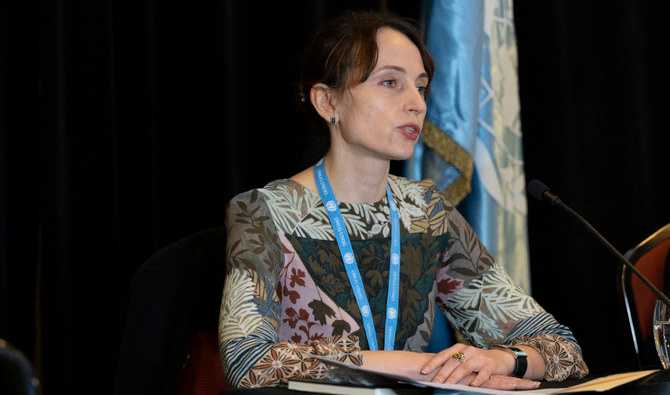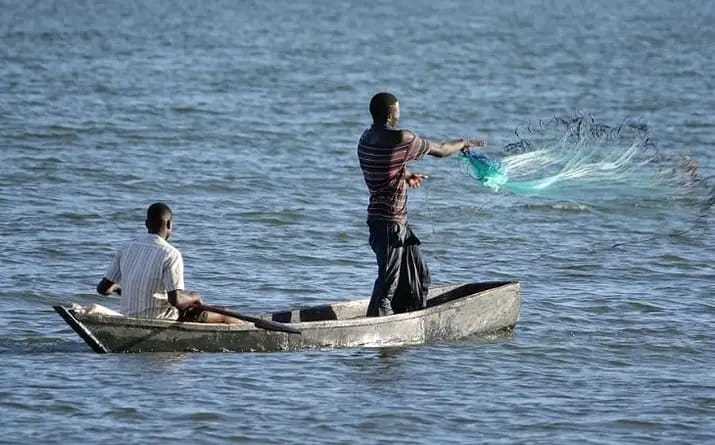
The concept of unilateral sanctions in practice and in the doctrine of international law is changing substantially. Their types, forms and purposes are expanding, and the number and types of affected persons is increasing. More and more governments, banks and private companies are choosing zero risk policies and over-compliance. Numerous studies show the negative impact of sanctions on a wide range of human rights, especially those of women and their health.
The healthcare system as a whole is highly vulnerable to the imposition of unilateral sanctions, which cause high inflation, a deterioration in the population’s standards of living, and problems pertaining to the purchase, payment and delivery of necessary medicines, medical equipment and reagents. These issues, even with the declared existence of humanitarian exemptions in relation to medicines and food, in practice remain unresolved. Manufacturing companies are often afraid to provide medical services or sell medicines, raw materials and equipment, spare parts or software. The ineffectiveness of humanitarian exemptions was already recognized in General Comment No. 8 of the UN Committee on Economic, Social and Cultural Rights (hereinafter referred to as CESCR) in 1997, in relation to the sanctions of the UN Security Council,1 while the subsequent situation in terms of unilateral sanctions is even more critical.
The imposition of unilateral sanctions and the practice of over-compliance has a significant negative impact on the realization of the right to health of the population as a whole and carries additional risks for girls and women.
In practice, the imposition of sanctions against states or economic sectors – and overcompliance and consequent difficulty in making payments – prevents the purchase, payment and delivery of medicines, medical equipment, spare parts, raw materials and reagents (the whole range of countries under sanctions.2 3 Thus, in particular, in the context of the pandemic, many of these countries faced a lack of medical personnel (Venezuela4), as well as shortages of, and the inability to purchase, medicines and medical equipment necessary for the diagnosis and treatment of COVID -19 and other diseases, including oxygen and artificial lung ventilation devices (Sudan5, Cuba6, Venezuela7, Iran8), personal protective equipment (Cuba6), spare parts and software, in particular for CT and ventilation devices (Syria9, Sudan5, Cuba6), fuel, electricity, food, drinking water and water for hygiene purposes (Venezuela7 4), Syria9 4). For example, due to US sanctions, Iran cannot use “foreign currency to import humanitarian goods”, in particular grains and medicines, including insulin and anesthetics, respiratory, ophthalmic, cardiology, endoscopic, pharmaceutical and dialysis equipment; ventilators, CT scanners, tests, protective clothing, and more.8 It is reported that mortality has multiplied from serious diseases such as HIV/AIDS, EB, thalassemia, hemophilia, special forms of diabetes, oncological deceases, etc.
A special impact on women’s health lies in the implementation of their reproductive functions. In particular, in Venezuela and Zimbabwe, in light of the shortage of gasoline, the lack of medicines, tests, equipment and water in hospitals, the number of women giving birth without medical assistance has dramatically increased (according to some reports, up to 80%) with extremely low hemoglobin (according to clinics in Venezuela, women in labor are admitted with hemoglobin 8-11)10 or underweight (for example, anemia in pregnant women in Zimbabwe reached a level of 33.2% by 201911). This, in the absence of hemostatic drugs, has led to increases in infant and maternal mortality (Venezuela, DPRK12). In particular, the maternal mortality rate in Zimbabwe as of 2020 was 458 deaths per 100,000 births13, while in Venezuela the same indicator in the period 2015-2017 rose almost 3 times and reached 125 deaths per 100,000 births.13 According to information from my country visit to Iran, the impossibility of making payments and delivering medicines also affects drugs for the treatment of infertility and for the regulation of the menstrual cycle.
Due to the problems concerning food shortages, water supplies and gas shortages, populations are shifting to cooking on open fires and fetching water from natural sources. The duties of fetching water, cooking (Venezuela10, Zimbabwe11) and searching for food (DPRK3) are mainly assigned to women and girls, which also negatively affects their health.
Under the conditions of economic crisis, caused or exacerbated by the imposition of unilateral sanctions, there is an active migration of men abroad. As a result, women are left alone and forced to look for sources of financial support for themselves and their children, despite the fact that they are often the first to lose their jobs, especially in rural areas (Zimbabwe11), or because of women’s employment being most affected by sanctions (trade) as it is either fully or partially funded by the state (schools, hospitals, telecommunications systems, etc.) – DPRK, Haiti, Iraq.3 In the absence of the possibility of exporting manufactured art or handicrafts, women lose their sources of income, or payment for their manufactured products is reduced to a minimum if such products are sold through intermediaries from third countries (Zimbabwe11, Iran14).
In Venezuela, the average number of meals has been reduced from 3 to 1-2 meals a day since 2015, with a minimum amount of protein, largely provided by the distribution of food packages by the state, since the minimum wage ($2 per month) does not cover even 2% of the food basket.10 The number of people in food danger increased by 213.8 % during the period of sanctions.10 According to reports received, the diet and number of meals among women and girls are the first to suffer.
In the absence of official work and with the lack of food for themselves and their families, women are often involved in the shadow economy, prostitution and sexual exploitation (Venezuela10, Zimbabwe11), and are exposed to similar risks when migrating abroad. In difficult economic circumstances, children and adolescents are also very vulnerable to violence, sexual exploitation, drug use, involvement in criminal activities, armed conflicts, begging (Syria15, Venezuela10). In conditions of financial crisis and malnutrition, children are often involved in prostitution and sexual exploitation in exchange for food, which leads to teenage pregnancies, the spread of opportunistic infections and HIV/AIDS, in light of the reduction in the state’s capacity to implement family planning programs and free provision of contraceptives. As a result, there is an increase in the mortality rate among adolescents.10
The imposition of unilateral sanctions, together with secondary sanctions and over-compliance with sanctions regimes, affects a wide range of human rights, including the right to the highest attainable standard of health; the right to food; the right to education; family rights; economic, social and cultural rights; the right to life; and the right to development. They also impede the achievement of the Sustainable Development Goals.
The people most vulnerable to the imposition of sanctions are the poorest segments of the population, and people suffering from rare, serious and severe diseases, including persons with disabilities. The health of women and girls is also under threat in terms of their reproductive functions.
The existing humanitarian exemption mechanisms in relation to medical supplies are not currently effective. They require obtaining special licenses, with significant costs for legal and advisory assistance upon their receipt, and often cannot be implemented due to the impossibility of transferring money because of financial sanctions, sanctions imposed against transport companies or insurers of goods sent to the state under sanctions, or over-compliance on the part of states, donors, banks, manufacturing companies or suppliers of medical goods and transport companies.

Professor Alena Douhan is Special Rapporteur on the negative impact of the unilateral coercive measures.





